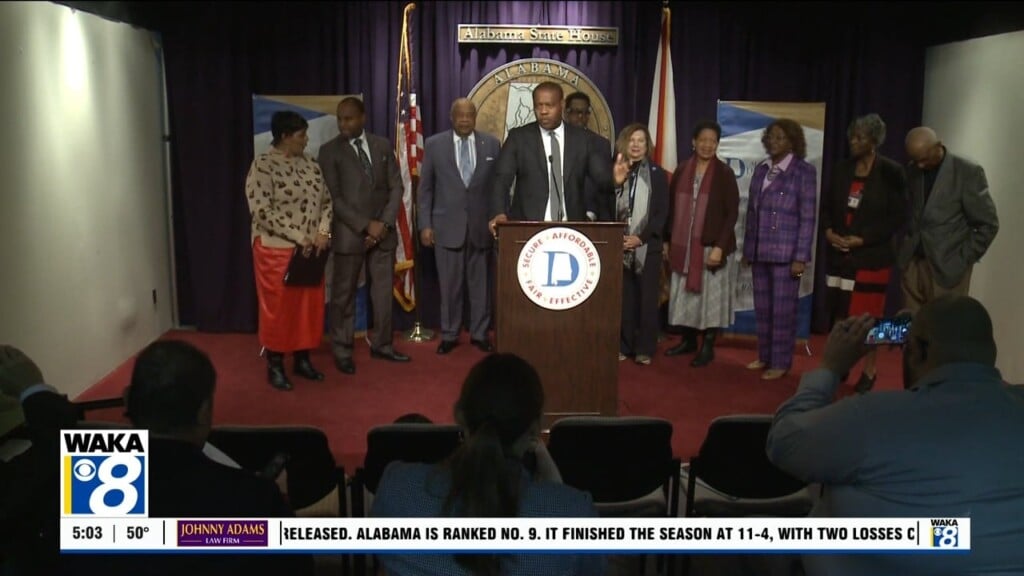Ivey Special Session Call Focused on Prison Construction
MONTGOMERY, Ala. (AP) — Alabama Gov. Kay Ivey on Thursday issued the call for next week’s special session that largely focuses on prison construction as the chief response to the state’s longstanding problems in corrections.
Ivey is calling lawmakers back to Montgomery to vote on a $1.3 billion prison construction plan that will use $400 million from the state’s virus relief funds to build three new prisons and renovate others.
“I am pleased and extremely hopeful that we are finally positioned to address our state’s prison infrastructure challenges,” Ivey said in a statement. “While this issue was many years in the making, we stand united to provide an Alabama solution to this Alabama problem.”
The construction is the centerpiece of the special session call, but it does include two policy changes: proposals to make retroactive both the 2013 sentencing standards and a 2015 law on mandatory supervision of inmates. However, that is far short of sweeping reforms and leadership changes some advocacy groups say are needed to address violence, overcrowding and other problems.
The construction proposal calls for at least three new prisons — at least a 4,000-bed prison in Elmore County with enhanced space for medical and mental health care needs; another at least 4,000-bed prison in Escambia County; and a women’s prison — as well as renovations to existing facilities.
The projects would be done in phases and funded with a $785 million bond issue, $150 million in general fund dollars and $400 million from the state’s $2.2 billion share of American Rescue Plan funds.
The sentencing change would allow 200 or so nonviolent inmates sentenced before 2013 to ask for a new sentence under the presumptive sentencing guidelines approved in 2013. The change was recommended by the governor’s study commission on criminal justice policy that said there are some inmates “much lengthier than the sentence they may have received under the presumptive standards that became effective at that time.”
Bennet Wright, executive director of the Alabama Sentencing Commission, said they are trying to determine how many inmates would be affected by the sentencing change, but “last time we reviewed this policy last year there were approximately 200 offenders that were potentially eligible pursuant to this legislation.” Limiting the sentencing change to nonviolent inmates excludes most prisoners.
Some lawmakers and advocacy groups said the state should do more to address policy, sentencing and leadership.
“We’ll just have shiny new buildings with old problems,” Rep. Chris England, D-Tuscaloosa, said unless the state enacts comprehensive sentencing reform and leadership changes in corrections and the state parole board.
(Copyright 2021 The Associated Press. All rights reserved. This material may not be published, broadcast, rewritten or redistributed.)







